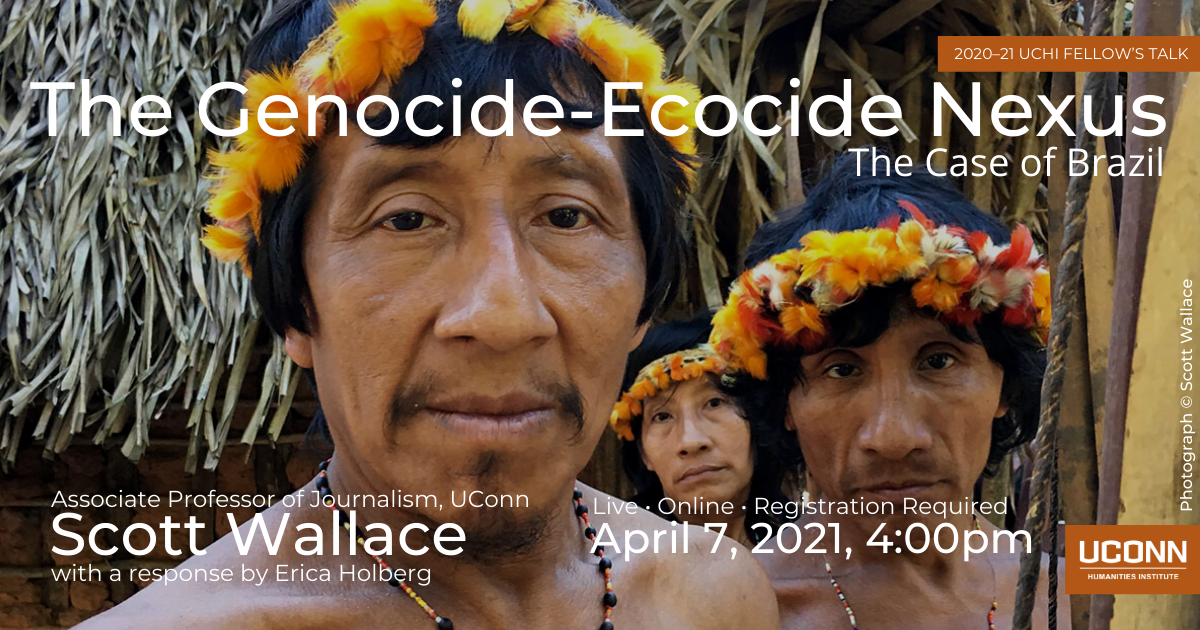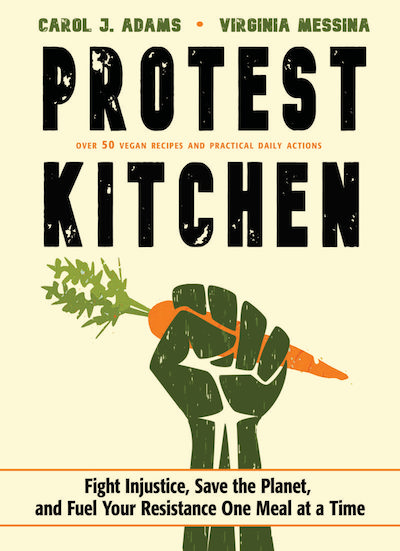 In the midst of a global pandemic, with its attendant periods of isolation and restrictions on social gatherings, many have been spending more time in the kitchen than usual. In the midst of racially motivated violence, police brutality, and the push towards a public reckoning with America’s racist history, many have been seeking new and potentially transformative modes of political engagement. In the midst of an on-going climate crisis and the failure of governments to make the necessary choices to save the planet and fight environmental injustice, many of us may find it easy to feel disheartened and powerless.
In the midst of a global pandemic, with its attendant periods of isolation and restrictions on social gatherings, many have been spending more time in the kitchen than usual. In the midst of racially motivated violence, police brutality, and the push towards a public reckoning with America’s racist history, many have been seeking new and potentially transformative modes of political engagement. In the midst of an on-going climate crisis and the failure of governments to make the necessary choices to save the planet and fight environmental injustice, many of us may find it easy to feel disheartened and powerless.
A unique combination of cookbook and manifesto, Adams and Messina’s Protest Kitchen: Fight Injustice, Save the Planet, and Fuel Your Resistance One Meal at a Time (Conari Press, 2018) argues that “how you eat is a form of protest” (p. 5). Boiled down to its essentials, Adams and Messina’s main claim is that adopting a vegan diet can be a way to protest racism, patriarchy, climate change, food injustice, and to promote compassion and integrity. They make this argument by tracing the conceptual and historically rooted connections between the centrality of animal products in the “all-American diet,” on the one hand, and regressive politics, climate change, environmental racism, and misogyny, on the other. For instance, they argue that the very concept of animality, defined in contrast to and as inferior to that of humanity, provides tools for social oppression: “There has always been a human/animal binary to racist, misogynist, and ableist logic. In the political sphere, animality functions as a tool for democratic exclusion. Oppression elevates some humans as deserving equal protection and equal participation as citizens and lowers others, by making them “other” and suggesting they are more like animals” (p. 97). Adams and Messina’s provocative suggestion: challenge the underlying humanity/animality binary upon which such oppression is speciously “justified.” Thus, far from ignoring the human political and social crises of our time, as the “you-only-think-about-the-animals” vegan stereotype might suggest, Adams and Messina contend that animal oppression is essentially linked to human oppression. This is what I find most compelling about Protest Kitchen: that it provides a unifying analysis of the most pressing national and global issues of our time, through the lens of our (that is, us humans’) relations to the other animals.
Although the core ecofeminist argument in Protest Kitchen is not new (see, for example, Adams’ The Sexual Politics of Meat), the book is distinctive in the way it is interspersed with no-nonsense, practical tips for engaging in activism, a variety of simple recipes for reducing meat consumption, and a primer on plant-based nutrition. While the book takes on serious topics, it is garnished with a dash of playfulness that cuts through the heaviness; for instance, with the inclusion of recipes such as the “imPeach Crumble,” and the “‘Stop the Wall’ Taco Salad Bowl with Fire and Fury Salsa.” If nothing else, the book promises to be food for thought, while sparking some thought about food.
–Drew Johnson
Ph.D. Candidate
Philosophy
 Who is Drew Johnson? Drew Johnson is a Ph.D. student (ABD) in the philosophy department at the University of Connecticut. His research focuses on metaethics and epistemology. His dissertation proposes a theory of ethical thought and discourse that explains the distinctive action-guiding, affective, and expressive dimensions of ethical claims and judgments, while also recognizing the important semantic, logical, and epistemological continuities that exist between ethics and other factual domains. In epistemology, Drew’s research focuses on the rational standing of our most firmly held commitments, i.e., our “hinge” commitments upon which all rational evaluation turns.
Who is Drew Johnson? Drew Johnson is a Ph.D. student (ABD) in the philosophy department at the University of Connecticut. His research focuses on metaethics and epistemology. His dissertation proposes a theory of ethical thought and discourse that explains the distinctive action-guiding, affective, and expressive dimensions of ethical claims and judgments, while also recognizing the important semantic, logical, and epistemological continuities that exist between ethics and other factual domains. In epistemology, Drew’s research focuses on the rational standing of our most firmly held commitments, i.e., our “hinge” commitments upon which all rational evaluation turns.
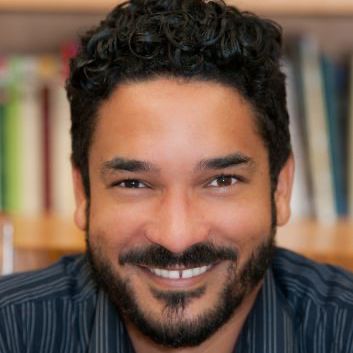
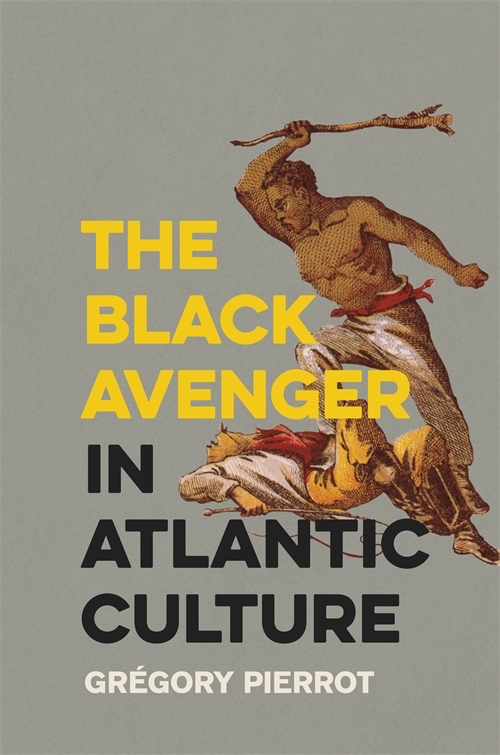 The Harris Book Award Committee notes, “Grégory Pierrot’s The Black Avenger in Atlantic Culture is a brilliantly focused and highly original exploration of the political aims of the shifting narratives of exceptional black avengers who rise in violence and retribution against their oppressors. This expansive and in-depth study is, as Pierrot points out, ‘a history of an essential trope of Atlantic modernity.’ Examining literary and historical texts from Haiti to the United States, to Britain and France, from the late seventeenth century forward, this is an expansive and groundbreaking work that explores new scholarly territories in racism and resistance.”
The Harris Book Award Committee notes, “Grégory Pierrot’s The Black Avenger in Atlantic Culture is a brilliantly focused and highly original exploration of the political aims of the shifting narratives of exceptional black avengers who rise in violence and retribution against their oppressors. This expansive and in-depth study is, as Pierrot points out, ‘a history of an essential trope of Atlantic modernity.’ Examining literary and historical texts from Haiti to the United States, to Britain and France, from the late seventeenth century forward, this is an expansive and groundbreaking work that explores new scholarly territories in racism and resistance.”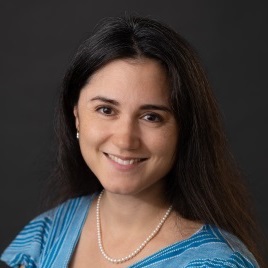
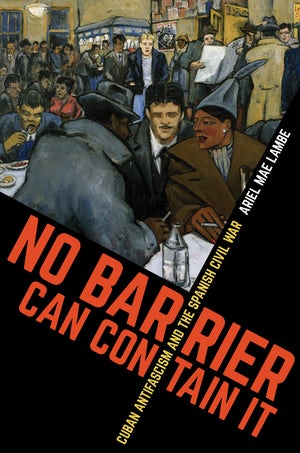 “No Barrier Can Contain It: Cuban Antifascism and the Spanish Civil War offers a fascinating, transnational study of Cuban antifascists and activists during the 1920s and 1930s, in Cuba and beyond. Drawing on archival material from Cuba, the Netherlands, Russia, Spain, and the United States, this well-researched work frames antifascism as an international movement and in so doing contributes not only to the field of Cuban history but also to the history of the Spanish Civil War.”
“No Barrier Can Contain It: Cuban Antifascism and the Spanish Civil War offers a fascinating, transnational study of Cuban antifascists and activists during the 1920s and 1930s, in Cuba and beyond. Drawing on archival material from Cuba, the Netherlands, Russia, Spain, and the United States, this well-researched work frames antifascism as an international movement and in so doing contributes not only to the field of Cuban history but also to the history of the Spanish Civil War.”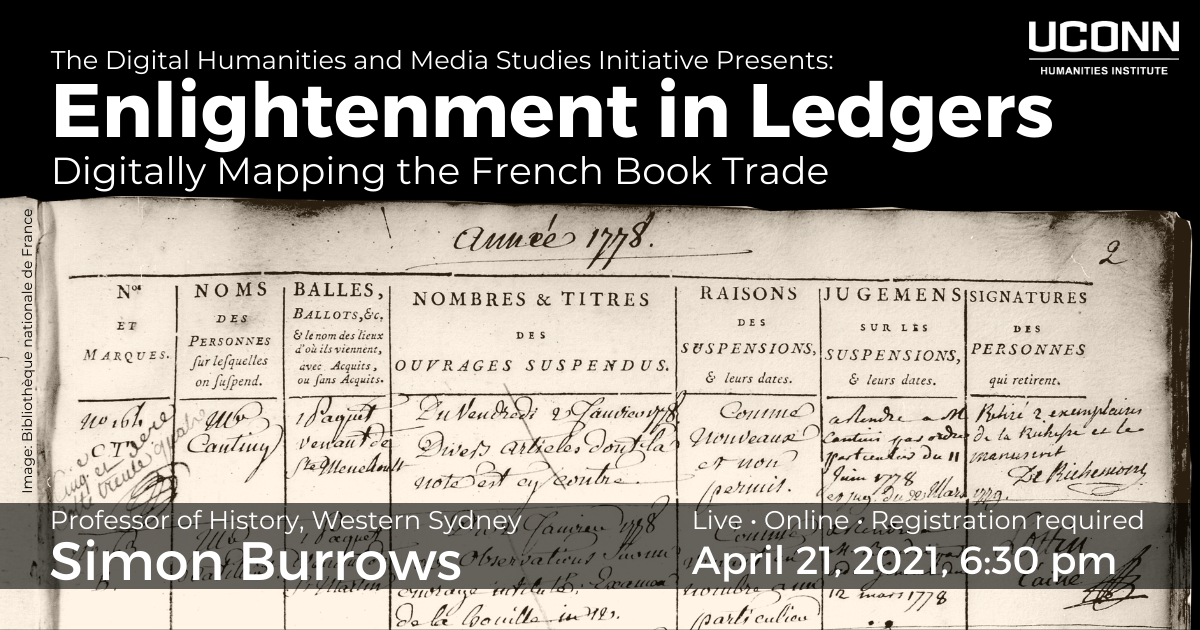
 In the midst of a global pandemic, with its attendant periods of isolation and restrictions on social gatherings, many have been spending more time in the kitchen than usual. In the midst of racially motivated violence, police brutality, and the push towards a public reckoning with America’s racist history, many have been seeking new and potentially transformative modes of political engagement. In the midst of an on-going climate crisis and the failure of governments to make the necessary choices to save the planet and fight environmental injustice, many of us may find it easy to feel disheartened and powerless.
In the midst of a global pandemic, with its attendant periods of isolation and restrictions on social gatherings, many have been spending more time in the kitchen than usual. In the midst of racially motivated violence, police brutality, and the push towards a public reckoning with America’s racist history, many have been seeking new and potentially transformative modes of political engagement. In the midst of an on-going climate crisis and the failure of governments to make the necessary choices to save the planet and fight environmental injustice, many of us may find it easy to feel disheartened and powerless. Who is Drew Johnson? Drew Johnson is a Ph.D. student (ABD) in the philosophy department at the University of Connecticut. His research focuses on metaethics and epistemology. His dissertation proposes a theory of ethical thought and discourse that explains the distinctive action-guiding, affective, and expressive dimensions of ethical claims and judgments, while also recognizing the important semantic, logical, and epistemological continuities that exist between ethics and other factual domains. In epistemology, Drew’s research focuses on the rational standing of our most firmly held commitments, i.e., our “hinge” commitments upon which all rational evaluation turns.
Who is Drew Johnson? Drew Johnson is a Ph.D. student (ABD) in the philosophy department at the University of Connecticut. His research focuses on metaethics and epistemology. His dissertation proposes a theory of ethical thought and discourse that explains the distinctive action-guiding, affective, and expressive dimensions of ethical claims and judgments, while also recognizing the important semantic, logical, and epistemological continuities that exist between ethics and other factual domains. In epistemology, Drew’s research focuses on the rational standing of our most firmly held commitments, i.e., our “hinge” commitments upon which all rational evaluation turns.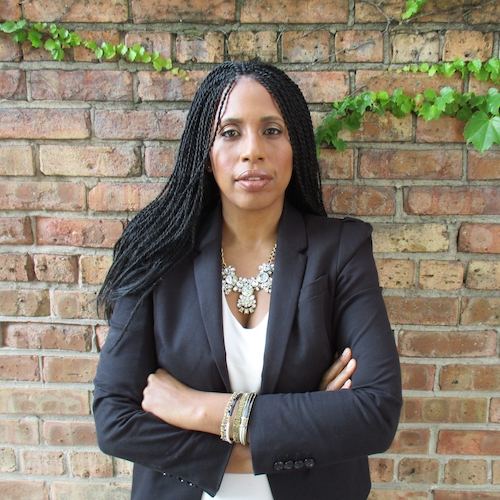
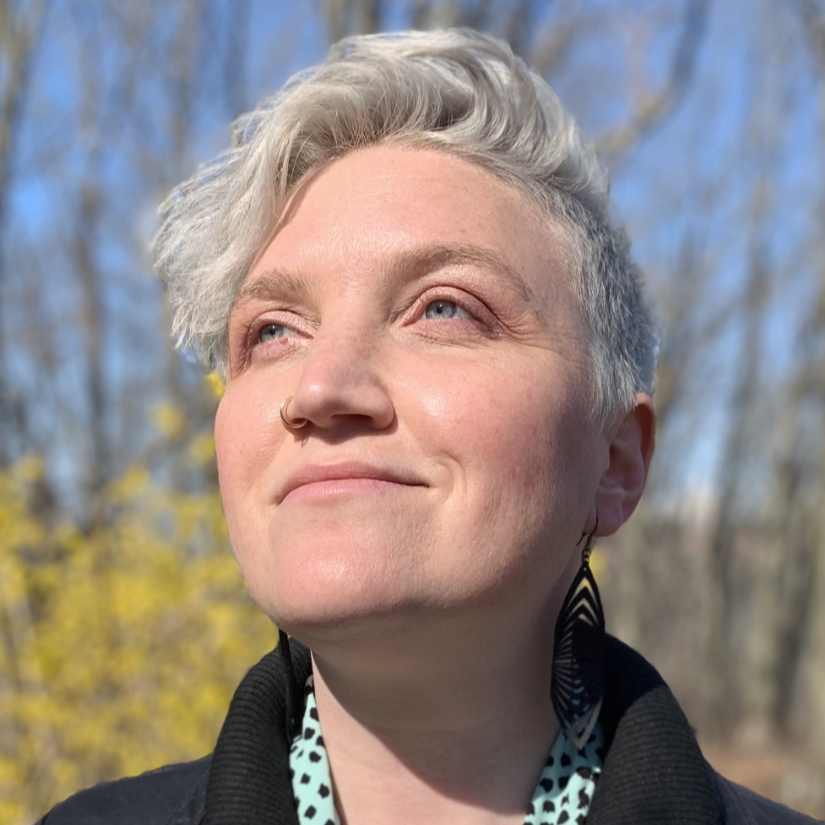
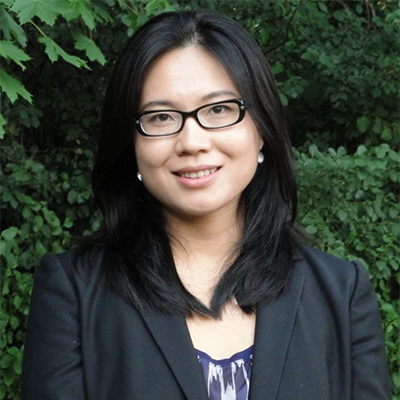
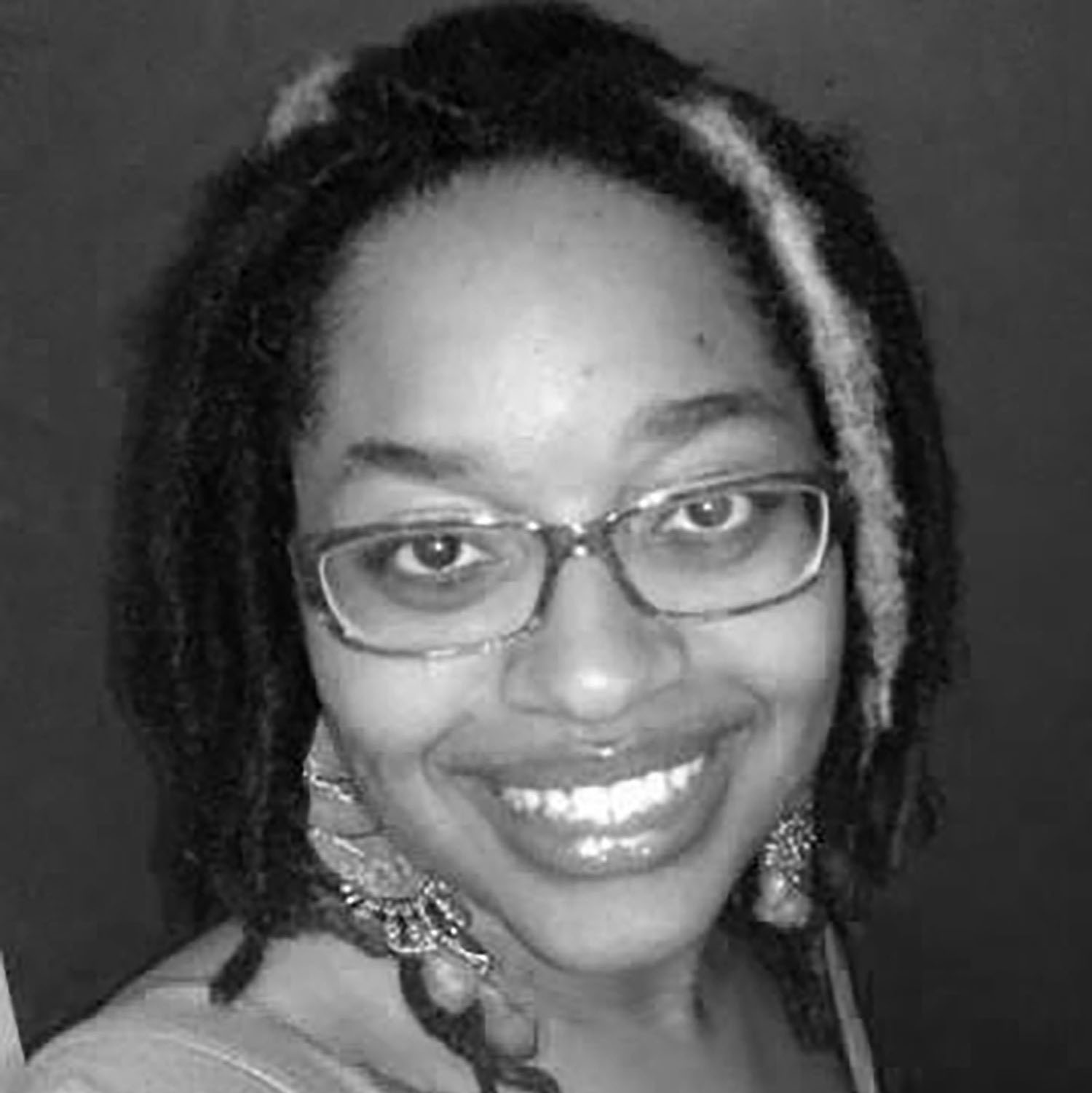


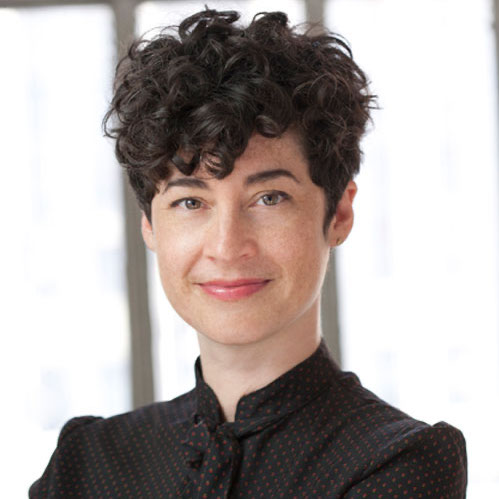
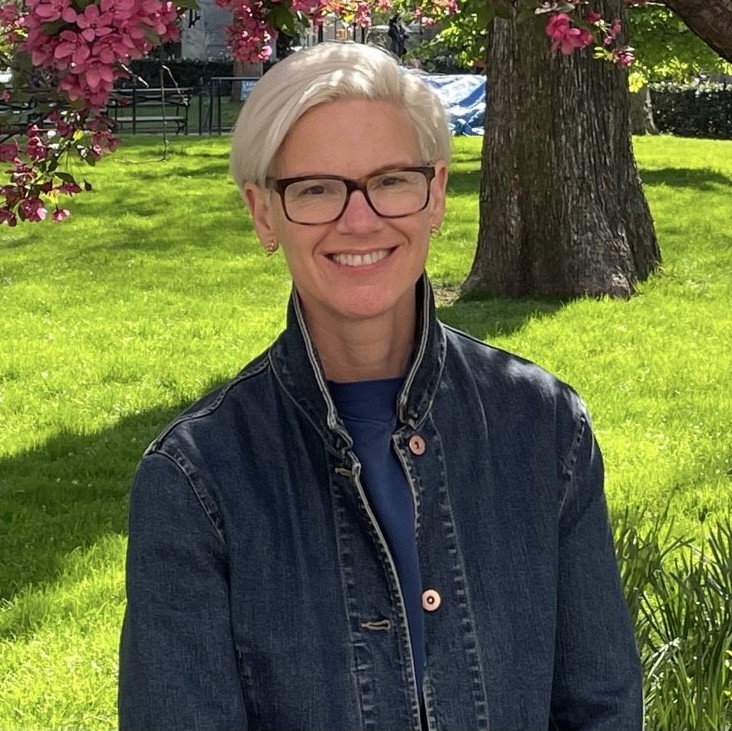
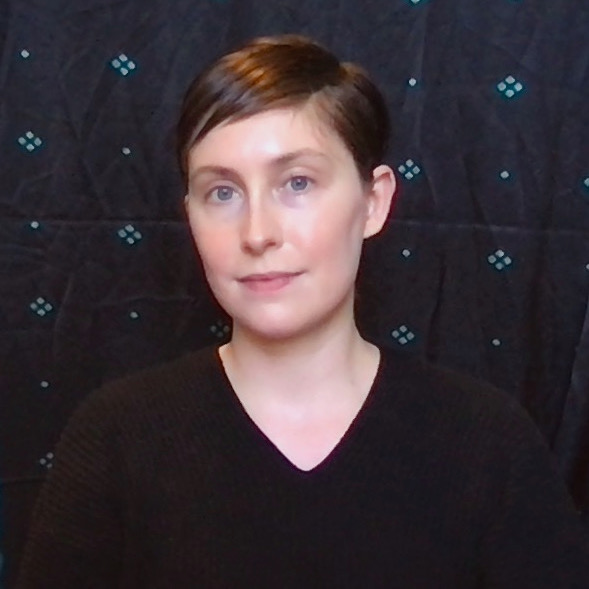

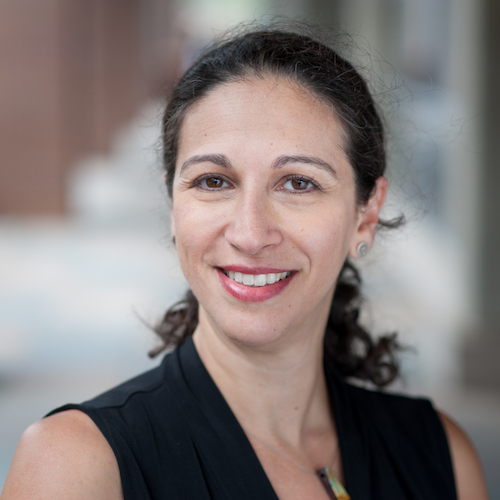
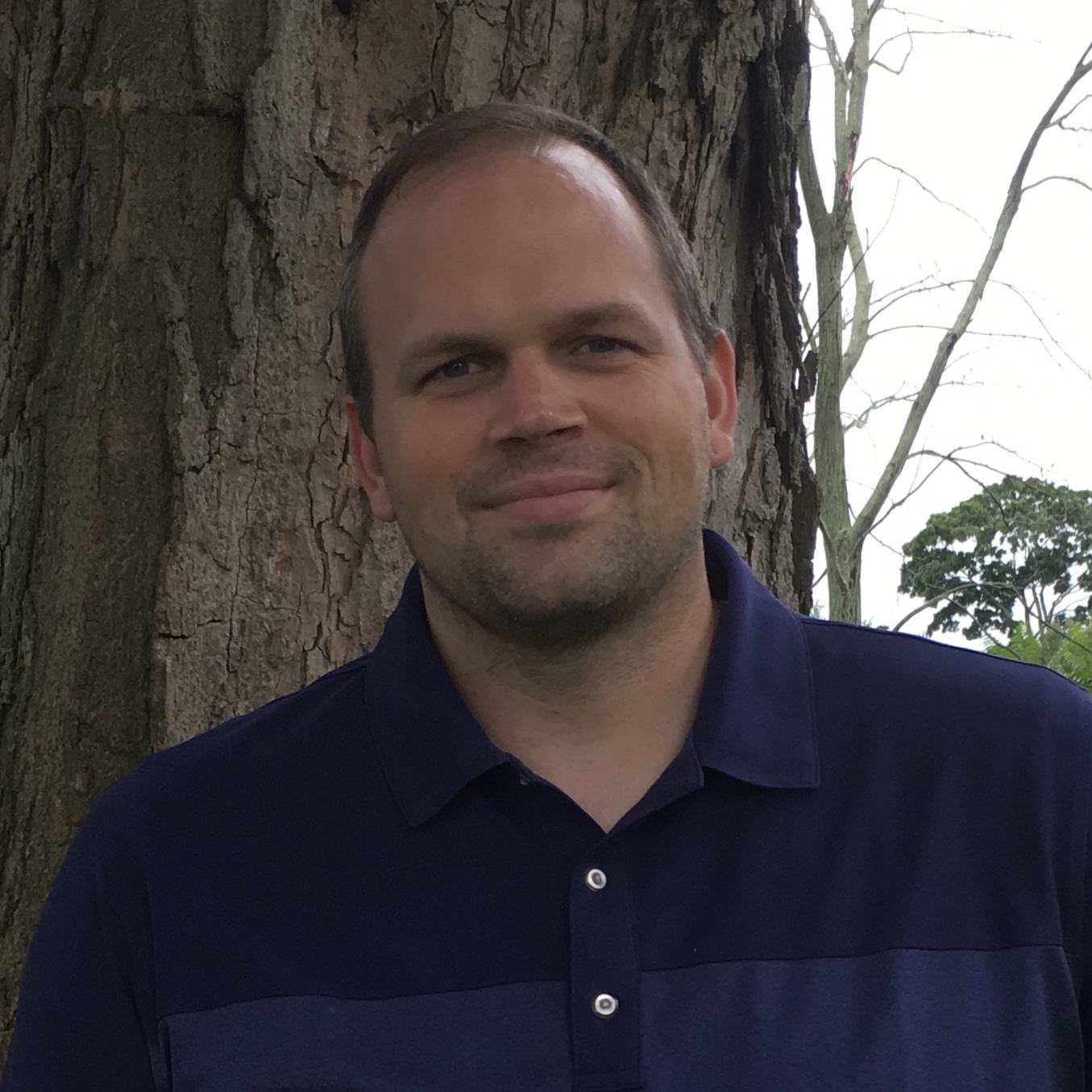
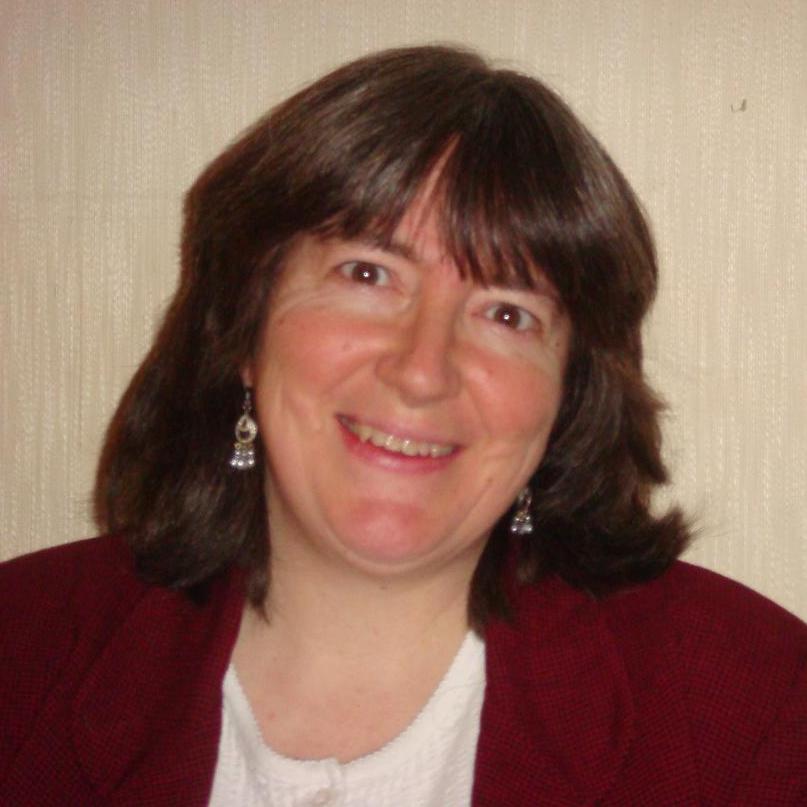
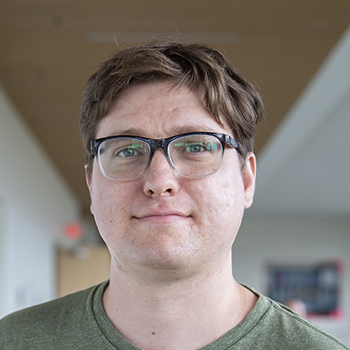
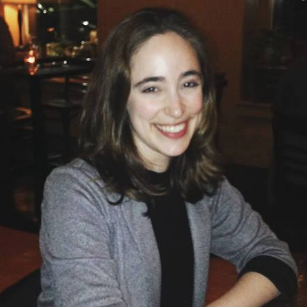
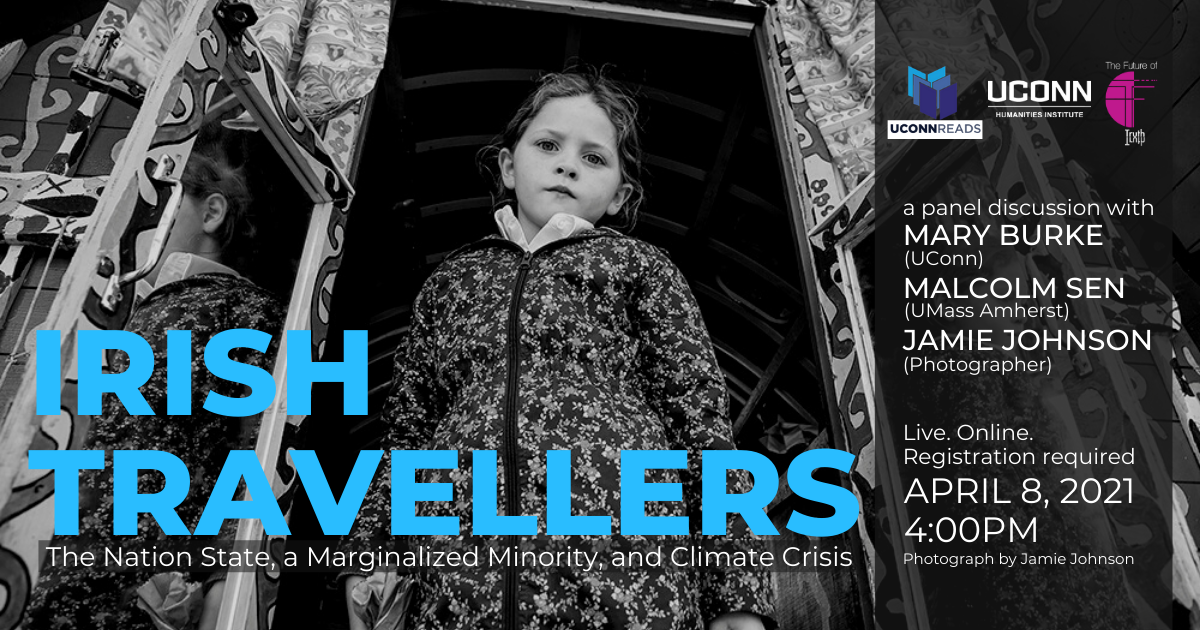
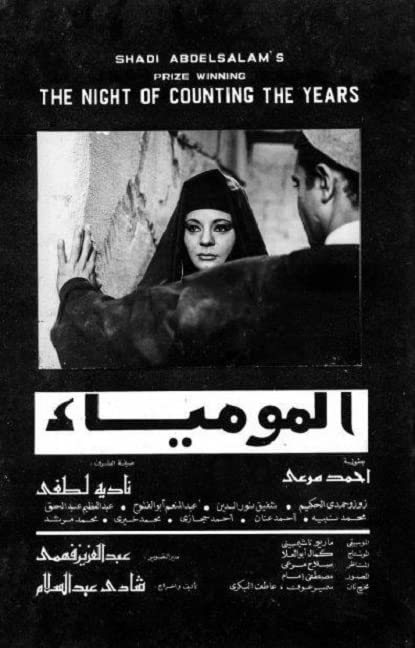 Based on the true story of an early discovery in the Valley of the Kings and Queens in Luxor, the burial site of successive ancient Egyptian Pharaohs,
Based on the true story of an early discovery in the Valley of the Kings and Queens in Luxor, the burial site of successive ancient Egyptian Pharaohs, 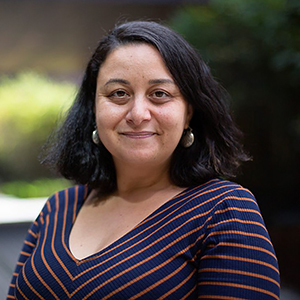 Who is Hind Ahmed Zaki? Hind Ahmed Zaki is an Assistant Professor of Political Science, with a joint appointment in the department of Language, Culture, and Literature. She is specialist in comparative politics with a special emphasis in gender and politics and the Middle East and North Africa. Her research focuses on theories of state feminism, feminist movements, gender-based violence, and qualitative research methods. Her current book project focuses on the politics of women’s rights in Egypt and Tunisia in the period following the Arab spring.
Who is Hind Ahmed Zaki? Hind Ahmed Zaki is an Assistant Professor of Political Science, with a joint appointment in the department of Language, Culture, and Literature. She is specialist in comparative politics with a special emphasis in gender and politics and the Middle East and North Africa. Her research focuses on theories of state feminism, feminist movements, gender-based violence, and qualitative research methods. Her current book project focuses on the politics of women’s rights in Egypt and Tunisia in the period following the Arab spring.